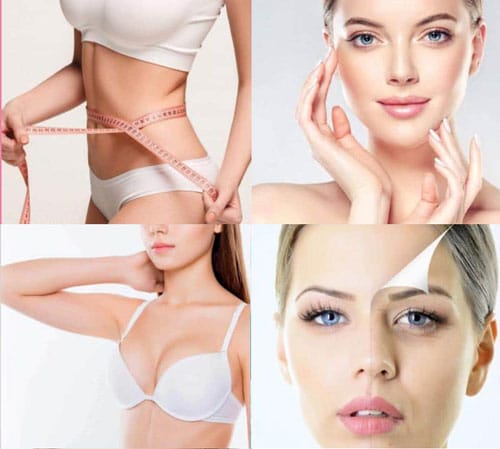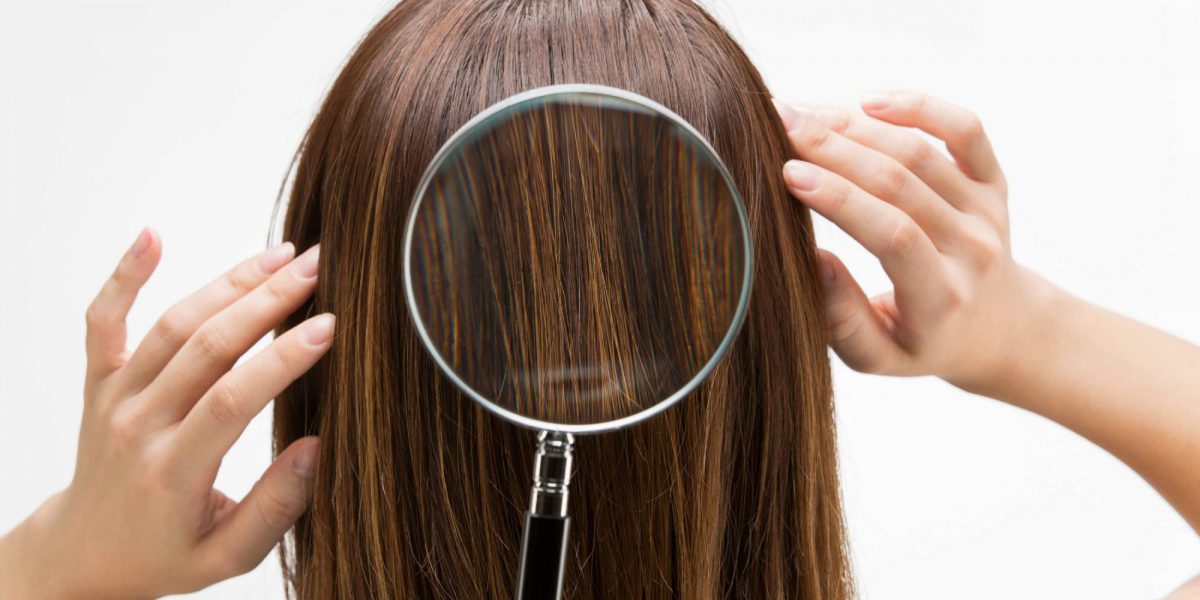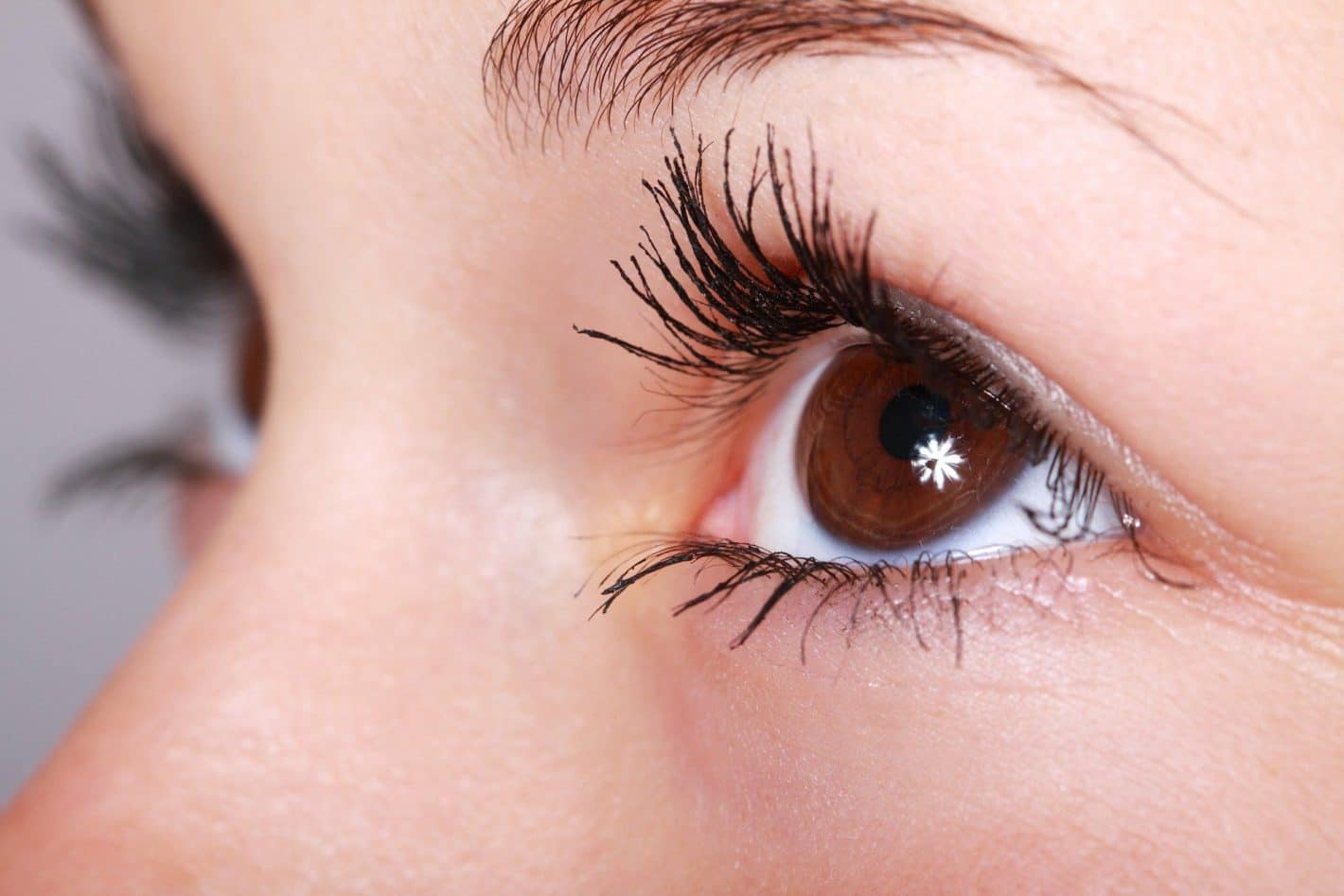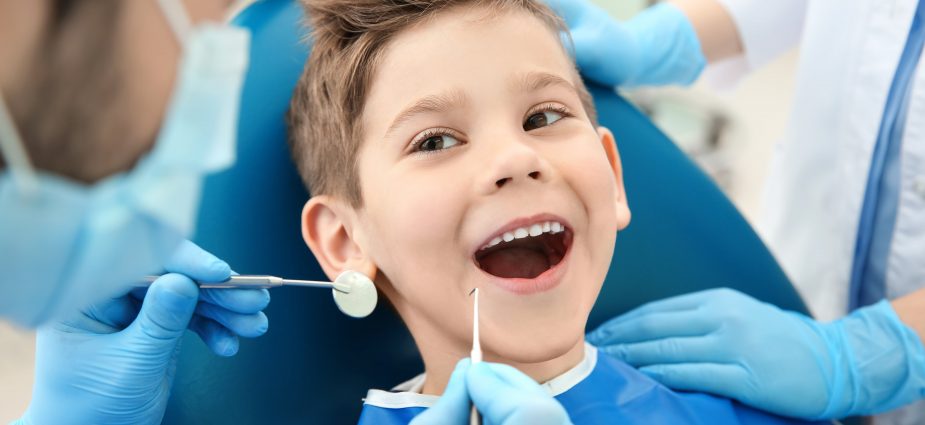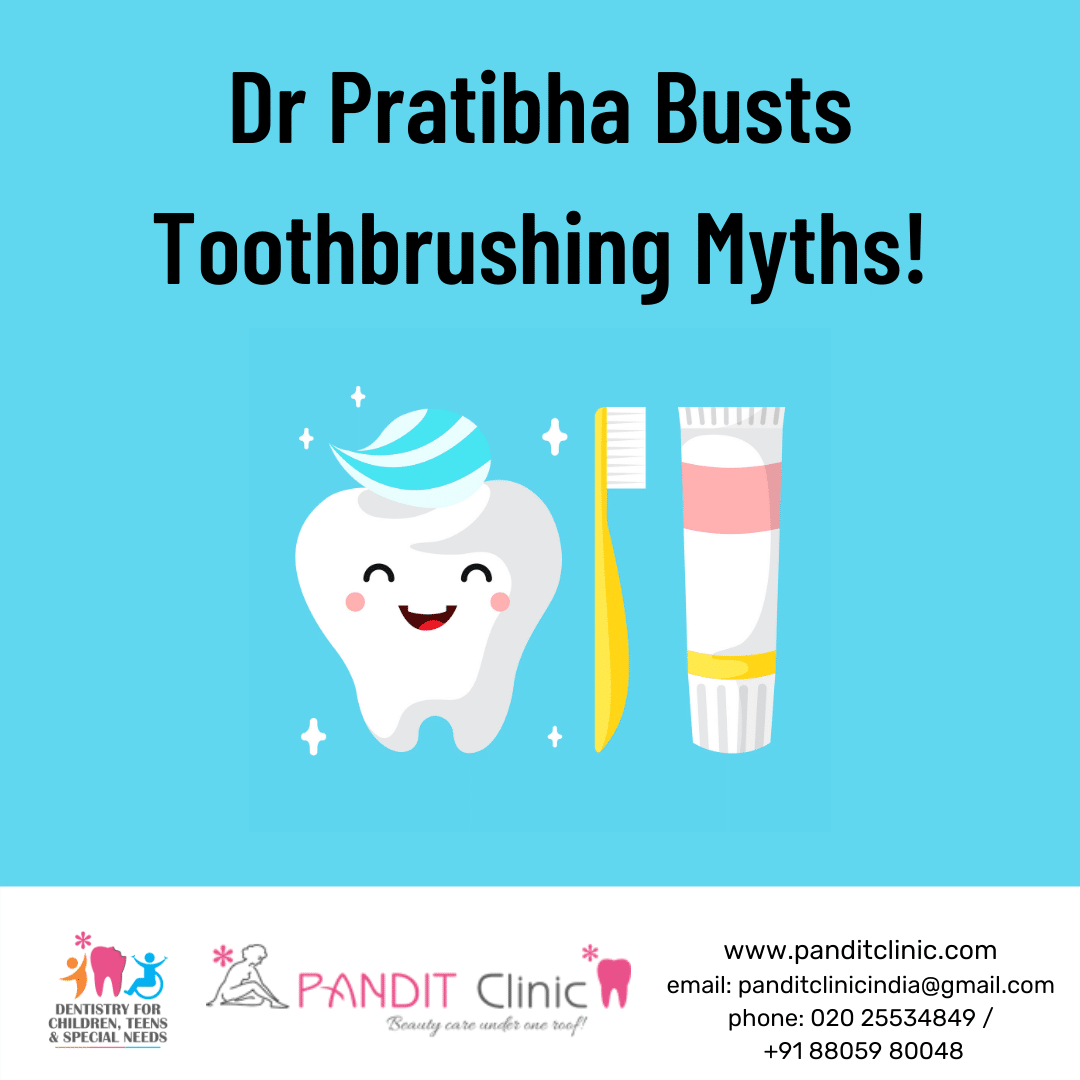Toothbrushing is a vital element for good dental care. It prevents many oral problems such as cavities and tooth infections.
Getting a kid to brush his/her teeth is not an easy task! Children are fussy and ask millions of questions before they even get to the actual activity. As a parent you are already overloaded with a lot of responsibilities and may not have all the answers right then and there.
Dr Pratibha Kukreja Pandit understands this genuinely difficult position parents are constantly put in where they have to teach children good habits and explain the whole logic to them too. As a paediatric dentist she is the perfect person to guide your kids on why it is important to brush your teeth? What are good oral hygiene habits? And so on.
Pandit Clinic is a Pune-based Paediatric and Preventive Dentistry practice. The Paediatric Dentistry specialty of this multi-specialty clinic is led by Dr Pratibha Kukreja Pandit. It is one of the few Paediatric Dentistry practices which offers a full range of dental care treatments for Special Needs Children as well.
This blog will bust some myths about children’s oral care with facts!
- MYTH #1: Milk teeth don’t need good oral care, since they are going to fall off anyway.
FACT: This is a common misconception that can be seen in our society, especially among the older generation who staunchly believe that good oral hygiene should be taught to the child when their permanent teeth start growing. This statement may have been true 2 generations ago and we do not wish to debate it.
But times have changed and so has the lifestyle. Kids nowadays are exposed to refined sugar in the form of chocolates, bread, caramel, jelly and biscuits from a very early age. In an urban upbringing these foods are a part of their daily intake. Apart from these foods, children also drink aerated soft drinks or sweet shakes. All of these factors contribute to tooth decay.
The only way to prevent and combat tooth decay effectively is to instill good oral hygiene habits in your kid from a very young age. Tooth decay in milk teeth can also lead to pain and dental problems. Therefore, I insist on teaching children with milk teeth to brush their teeth twice a day. Tooth brushing cleans the teeth of any bacteria that can lead to tooth decay thus maintaining great oral health for your kid from a very young age.
As a doctor I always tell my tiny patients, “Brush your teeth for two minutes, two times a day to keep all the tooth monsters away!”
- MYTH #2: Kids need no supervision when they learn to brush their teeth on their own.
FACT: Children are desperate to grow up and do everything on their own, without the help of an adult. They crave to be away from parental supervision and want to be independent from a very young age. This means they want to learn to brush their teeth independently too which in itself is a great initiative. However I believe that supervision in the early childhood years is a must to ensure that children pick up the right technique of tooth brushing.
We are all aware of how uninteresting toothbrushing can be for kids. Hence, if parents supervise this activity then at least we are assured of correct results. I suggest letting children choose their own toothbrushes, changing toothpaste flavours, playing timed jingles or poems to motivate them to brush better.
Another vital piece of information is knowing the correct age of allowing 100% independence in tooth brushing. I recommend parents to brush their child’s teeth twice a day with a fluoride toothpaste till the age of 5-6. Age group 6-8 is the perfect time to let the child brush his/her own teeth while the parent supervises the activity. Thus, parents should ease the children into good oral hygiene habits with love and support.
- MYTH #3: More toothpaste means better toothbrushing.
FACT: Most toothpaste commercials show children brushing their teeth with generous quantities of toothpaste. And that may look great on-screen, the reality is quite opposite. I confidently say that in case of toothpastes the mantra is, “less is more”.
Dentists and Dental Association from all over the world have researched this very topic. According to research and supportive evidence, a rice grain sized quantity of toothpaste should suffice for children less than 3 years of age. In case of children above the age of 3, a pea sized dab of toothpaste is more than enough for one time of brushing.
Pandit Clinic’s Paediatric Dentistry practice calls this “a touch of toothpaste” when explaining the concept to parents of kids (including special needs children). This quantification also serves as a safety margin in case a child eats/swallows the toothpaste.
- MYTH #4: Herbal toothpastes are better than any other toothpastes.
FACT: Choosing the right toothpaste is a tough decision to make considering we have too many toothpaste brands in the market. Even Wikipedia lists more than 40 global brands on its page. Too many choices leads to unnecessary confusion. On top of that, we are now living in an era where we want to consciously opt for “greener” choices for a more eco-friendly lifestyle.
But does this make herbal toothpastes better than non-herbal ones? I believe that the “right toothpaste for all” doesn’t exist. Toothpastes should be chosen based on the purpose of toothbrushing. For Example: a dentist recommends Sensodyne to a patient suffering from sensitive teeth or gum problems. But he will not suggest the same toothpaste to a patient who wants whiter teeth.
Similarly children need toothpastes that contain Fluoride. Fluoride is nature’s cavity fighter and using a fluoride toothpaste everyday will prevent cavities in the kid’s teeth (both milk and permanent). Therefore, instead of blindly picking up a herbal toothpaste, check the ingredients and then decide, or better still talk to a dentist for kids and choose the right toothpaste.
- MYTH #5: Toothbrushes should be changed only if they show signs of fraying.
FACT: Yes, a frayed toothbrush must be changed immediately. Frayed toothbrushes can cause damage to the gums and lead to ineffective brushing.
However that cannot be the only reason why toothbrushes should be changed. First of all as part of good oral hygiene habits a toothbrush should be changed every 3 months whether it has frayed or not.
Another important point that is unknown to most parents is that if your child has recently recovered from any serious illness or flu or respiratory trouble then the toothbrush should be changed immediately for their overall health and well-being.
- MYTH #6: The best way to store a toothbrush is to put it in a cover
FACT: This is a common misconception encouraged by toothbrush commercials where toothbrushes with covers are promoted as “safe and better”. The truth is toothbrushes with covers remain damp since we clean them with water after brushing. Dampness encourages the growth of microorganisms including harmful bacteria.
Many studies done in this regard have concluded that toothbrushes, dried and stored without covers have a lot less contamination than those with covers.
In case you are travelling, then a cover is recommended to ensure safe storage and transportation.
- MYTH #7: Electric toothbrushes are better than manual ones for kids.
FACT: Technology has been making our lives easier in many ways and one of these inventions is the electric toothbrush. The advantages of using an electric toothbrush are:
- Convenience: Children lack full manipulation skills and dexterity required for tooth brushing so it’s a convenient (rather easy) way to make them brush (not to forget the added excitement of holding onto a machine).
- Timer: The timer setting in many electric brushes makes sure that the children brush until the set alarm beeps. This is a good way to introduce the concept of timing (which otherwise may be too hard to conceptualize) for brushing.
While Pandit Clinic has nothing against electric toothbrushes, I would like to add a few words of caution here. As with any machine, there are some disadvantages to electric toothbrushes too. Lack of proper control over the electric toothbrush may lead to gum injuries. The limited battery life is also a dampener. Most importantly though is the unnecessary mental dependency on the electric toothbrush which may not let your child learn how to brush their teeth on their own.
The use of an electric toothbrush should be determined only by a trained Paediatric dentist by assessing the kid’s age and capabilities. As a general rule, it is not recommended in children below five years. In case you decide to use an electric toothbrush for your child at a very early age then please do it under full supervision only to avoid accidents and injuries
We hope you enjoyed reading this blog!
Dr Pratibha Kukreja Pandit, MDS – Preventive and Paediatric Dentist is a community conscious doctor who understands that in difficult times like these parents may be facing issues related to their child’s dental care and don’t know where to go. She is available for virtual video consultations where she will examine your child and recommend the right course of action to you.
You Might Be Interested In
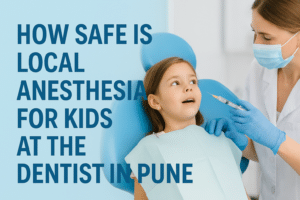
How Safe Is Local Anesthesia for Kids at the Dentist in Pune
A visit to the dentist can feel overwhelming for children—and, let’s admit it, sometimes even for their parents. But with the evolution of pediatric dentistry,
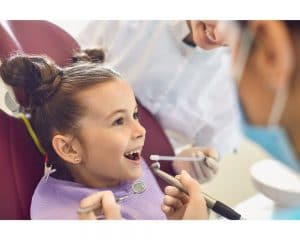
Dental Fillings For Children
Why Do Children Need Dental Fillings? Dental fillings are restorations placed in the tooth to repair damage caused by decay. They can be made from
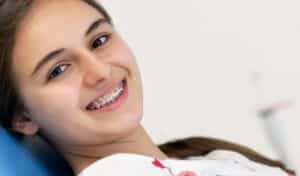
Orthodontics
Call us +91 7888229284 Home Pediatric Dentistry Orthodontics Orthodontic treatments help to prevent and correct misaligned teeth, crooked teeth, bite irregularites and other such issues
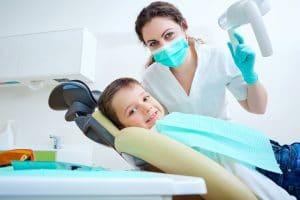
Pediatric Dental Treatments Under General Anaesthesia
Call us +91 7888229284 Home Pediatric Dentistry Paediatric Dental Treatments Under General Anaesthesia Pandit Clinic, Pune’s best Paediatric Dentistry practice led by Dr Pratibha Kukreja

